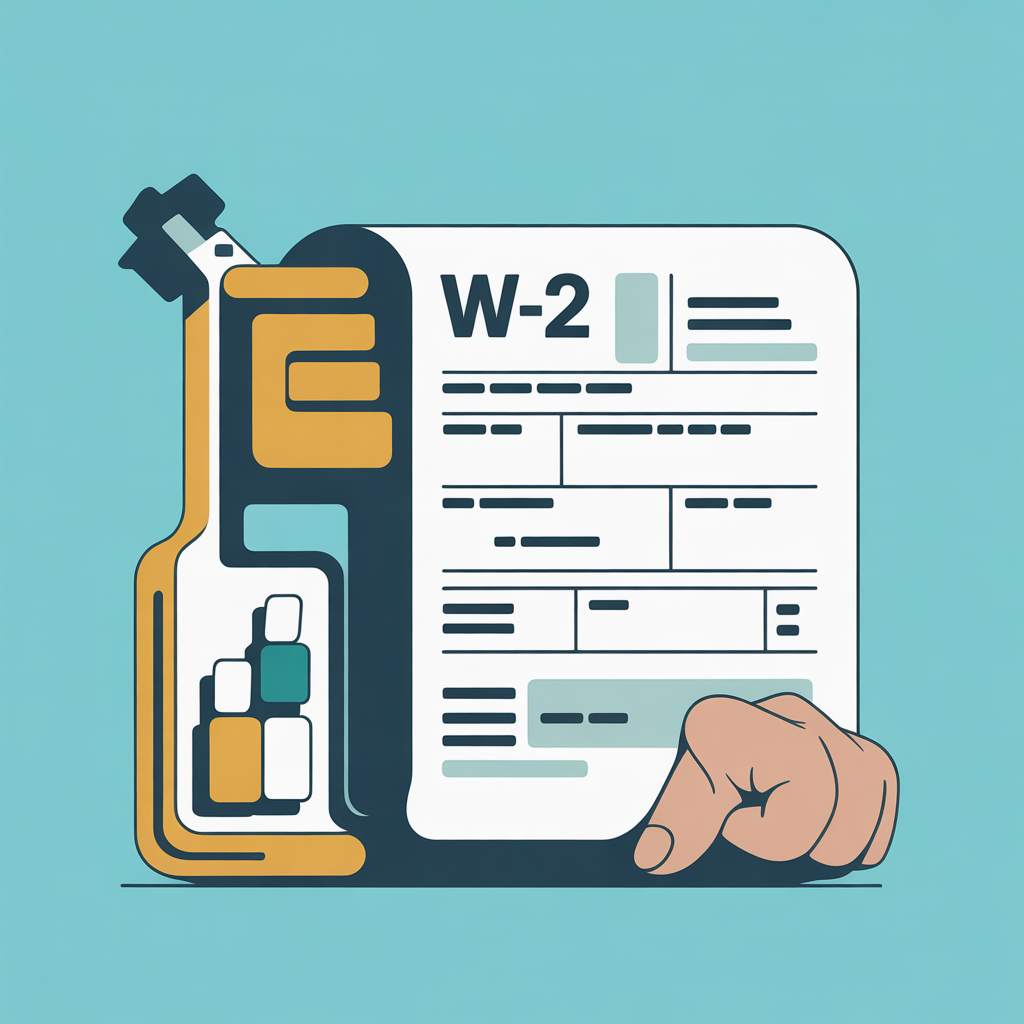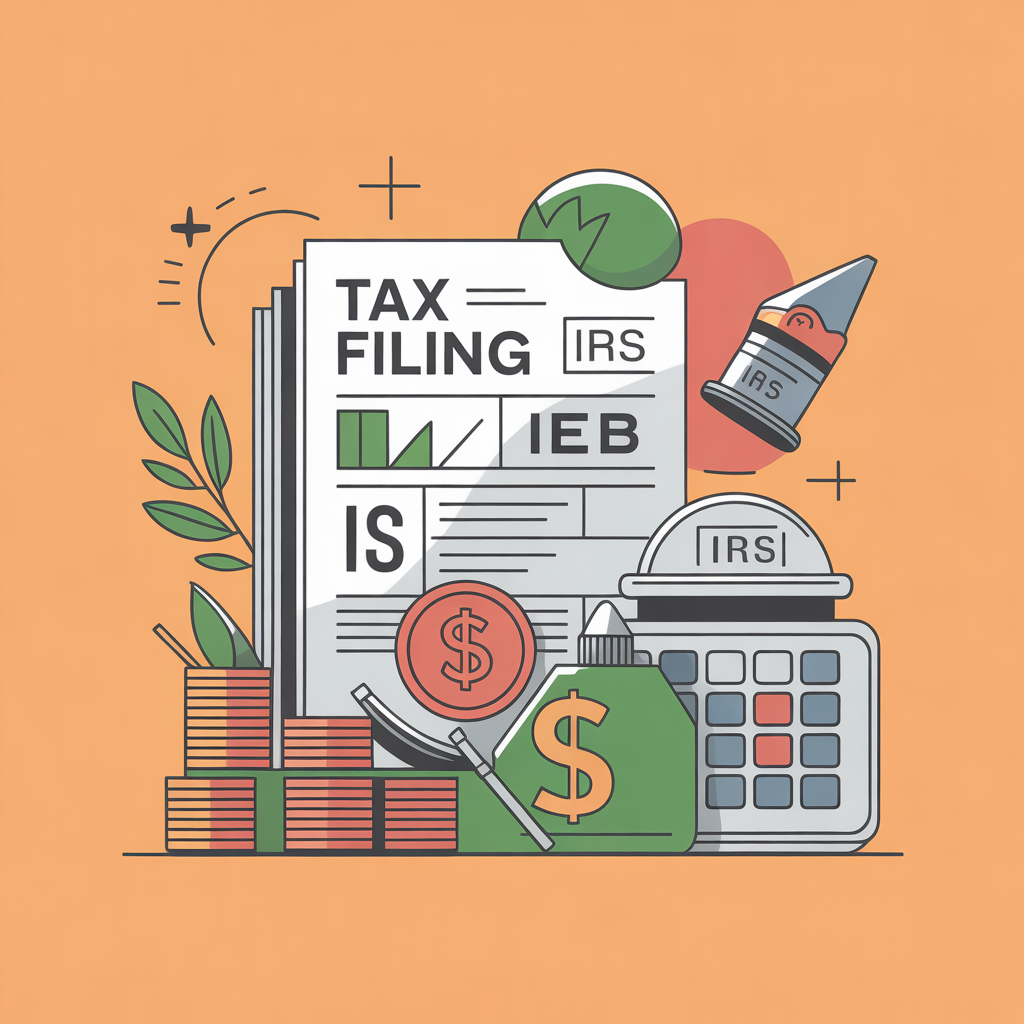As a small business owner, navigating tax season can be overwhelming, but understanding the deductions available to you can significantly reduce your tax liability. By taking advantage of these deductions, you can reinvest more money into growing your business. Here are some of the top tax deductions small business owners in the USA should be aware of.
- Home Office Deduction
If you operate your business from home, you may qualify for a home office deduction. To be eligible, the space must be used exclusively and regularly for business purposes.
How It Works:
- Simplified Method: Deduct $5 per square foot of your home office, up to 300 square feet.
- Actual Expenses Method: Calculate the percentage of your home’s square footage dedicated to the office and apply it to expenses like rent, utilities, and maintenance.
- Business Vehicle Expenses
If you use a vehicle for business purposes, you can deduct related expenses. This includes gas, maintenance, insurance, and even depreciation.
How It Works:
- Standard Mileage Rate: Deduct 65.5 cents per mile driven for business purposes in 2023.
- Actual Expense Method: Deduct the actual costs of using your vehicle for business.
- Equipment and Supplies
Purchasing equipment and supplies necessary for your business operations is fully deductible.
Examples:
- Computers, software, and printers.
- Office supplies like paper, pens, and staplers.
Bonus Tip:
Under Section 179, you can deduct the full cost of qualifying equipment in the year it was purchased, rather than depreciating it over several years.
- Marketing and Advertising Costs
Expenses related to promoting your business are deductible.
Examples:
- Website design and hosting fees.
- Social media ads, print ads, and email marketing campaigns.
- Business cards and promotional materials.
- Professional Services
Fees paid to professionals who assist with your business operations are tax-deductible.
Examples:
- Accountants, tax preparers, and bookkeepers.
- Legal services for contracts or business formation.
- Consultants and business coaches.
- Travel Expenses
Travel related to business activities is deductible, including:
- Flights, trains, or car rentals.
- Lodging and meals while traveling.
- Transportation costs like taxis or rideshare services.
Important Note:
Ensure travel expenses are directly related to your business and keep detailed records to substantiate your claims.
- Employee Salaries and Benefits
If you have employees, the wages and benefits you provide are deductible.
Examples:
- Salaries, wages, and bonuses.
- Health insurance and retirement contributions.
- Payroll taxes paid by the employer.
- Rent and Utilities
If you rent office space, the cost of rent is fully deductible. Additionally, utilities like electricity, water, and internet used for business purposes are also deductible.
- Education and Training
Investing in your skills and those of your employees can be deducted as a business expense.
Examples:
- Courses, workshops, and seminars.
- Industry-specific certifications.
- Books and online resources related to your field.
- Business Insurance
The cost of insurance policies that protect your business is deductible. This includes:
- General liability insurance.
- Professional liability insurance.
- Workers’ compensation insurance.
- Health Insurance Premiums
If you are self-employed, you can deduct the cost of health insurance premiums for yourself, your spouse, and dependents.
Important Note:
This deduction is taken “above the line,” meaning it reduces your adjusted gross income (AGI), which can lead to additional tax benefits.
- Retirement Contributions
Setting up a retirement plan for yourself and your employees not only secures your future but also provides tax benefits.
Options:
- SEP IRAs.
- SIMPLE IRAs.
- Solo 401(k)s.
- Bad Debts
If you’ve extended credit to customers and they fail to pay, you can deduct the amount as a bad debt.
Examples:
- Unpaid invoices.
- Loans to clients or suppliers.
Conclusion
Understanding and utilizing these deductions can help small business owners significantly reduce their taxable income. However, keeping meticulous records and receipts is essential to substantiate your claims. Partnering with a tax professional can also ensure you’re maximizing your deductions while remaining compliant with IRS regulations.
Need help navigating your tax deductions? Contact us today to simplify your tax filing process and save money.
The Riwa is your one-stop financial partner, providing reliable tax, payroll service. We help businesses and individuals across the USA.
Contact us: info@theriwa.com & Visit our website : theriwa.com






